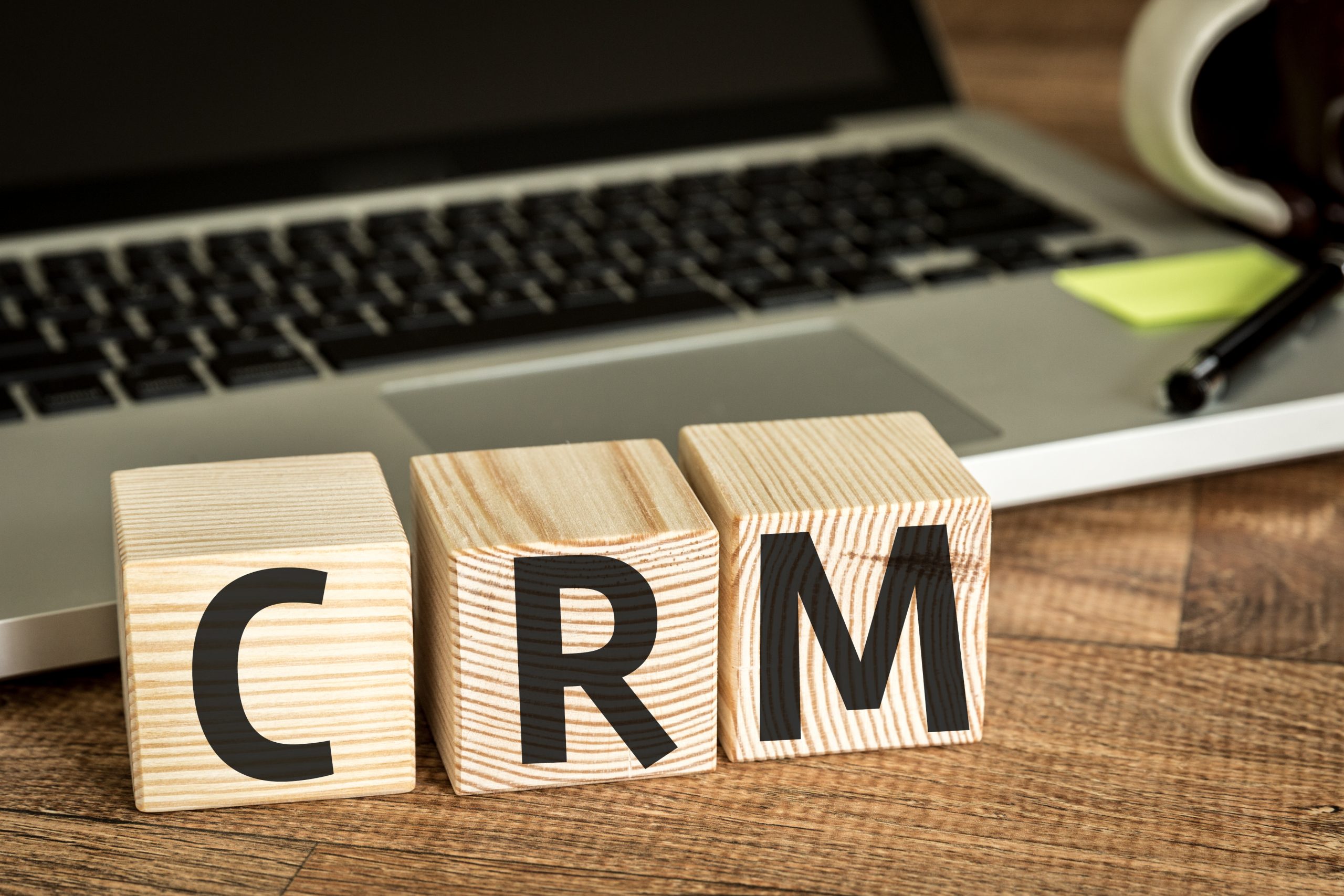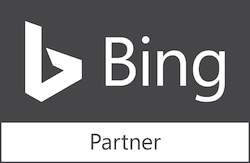 Customer relationship management (CRM) tools are the fastest growing area of business software and there’s no sign of a letup. Systems like SalesForce and HubSpot are just the most notable examples of this trend and they’re changing the game in how businesses relate to their customers. The new landscape is one that offers both promise and peril to small businesses.
Customer relationship management (CRM) tools are the fastest growing area of business software and there’s no sign of a letup. Systems like SalesForce and HubSpot are just the most notable examples of this trend and they’re changing the game in how businesses relate to their customers. The new landscape is one that offers both promise and peril to small businesses.
The peril comes from the fact that CRM can enable larger firms to personalize their relationships with each customer. That’s something that was typically the province of the small business owner. But the flip side is this—increasing automation makes doing larger numbers of tasks possible for the entrepreneur and at least narrowing the gap in resources enjoyed by big business.
CRM’s core attraction can be summed up by the word “seamless.” It seamlessly ties together all facets of your customer relations.
From the day their name first showed up in your database as a prospect and the sales team was cold-calling them, to the day they became a customer, to their relations with your service team and to their future purchases. CRM also seamlessly weaves all communications together. Depending on the type of system you invest in, CRM ties together everyone’s calendars, e-mails, chats and phone calls, ensuring an ongoing record that everyone in your business has access to.
It’s not hard to see how much benefit your business gets from this. When a new customer comes aboard, the service reps can see what communication took place as part of the sales process. Were any unique commitments made? Is there anything in the communication that offers a hint as to where future problems may arise? If the customer insists “I was promised such-and-such”, your reps have a way of verifying that without interrupting the salesperson on their next call.
The continual collection of customer interaction further benefits the marketing department. Every business wants to figure out the best way to monetize their existing clientele. CRM software reduces the need for market research, which can be expensive. Or getting anecdotal stories from the service reps which may not tell a complete picture. Or hearing the latest marketing theory from the new staffer fresh out of grad school with their MBA. CRM provides real data and actionable insights about what your customers are willing to pay for.
Finally, CRM tools make the very process of getting the customer in the door easier to manage. Systems for making things efficient for the sales staff have been around, but the seamless integration of communications makes it easier for management to oversee the process and determine where potential opportunities are being lost.
Customer Relationship Management is a big step for a business, one that prompts significant questions. Should your system be in the cloud or on-site? What features do you need and which ones are luxuries? How fast can your staff get up to speed? Will the system you choose be able to scale with your business or are you going have to revisit everything within a couple of years? Whatever your answers are, the changes CRM has brought are here to stay.
Need help selecting and implementing a CRM tool? We’re here to help. Call 443.475.0787 or contact us today!






